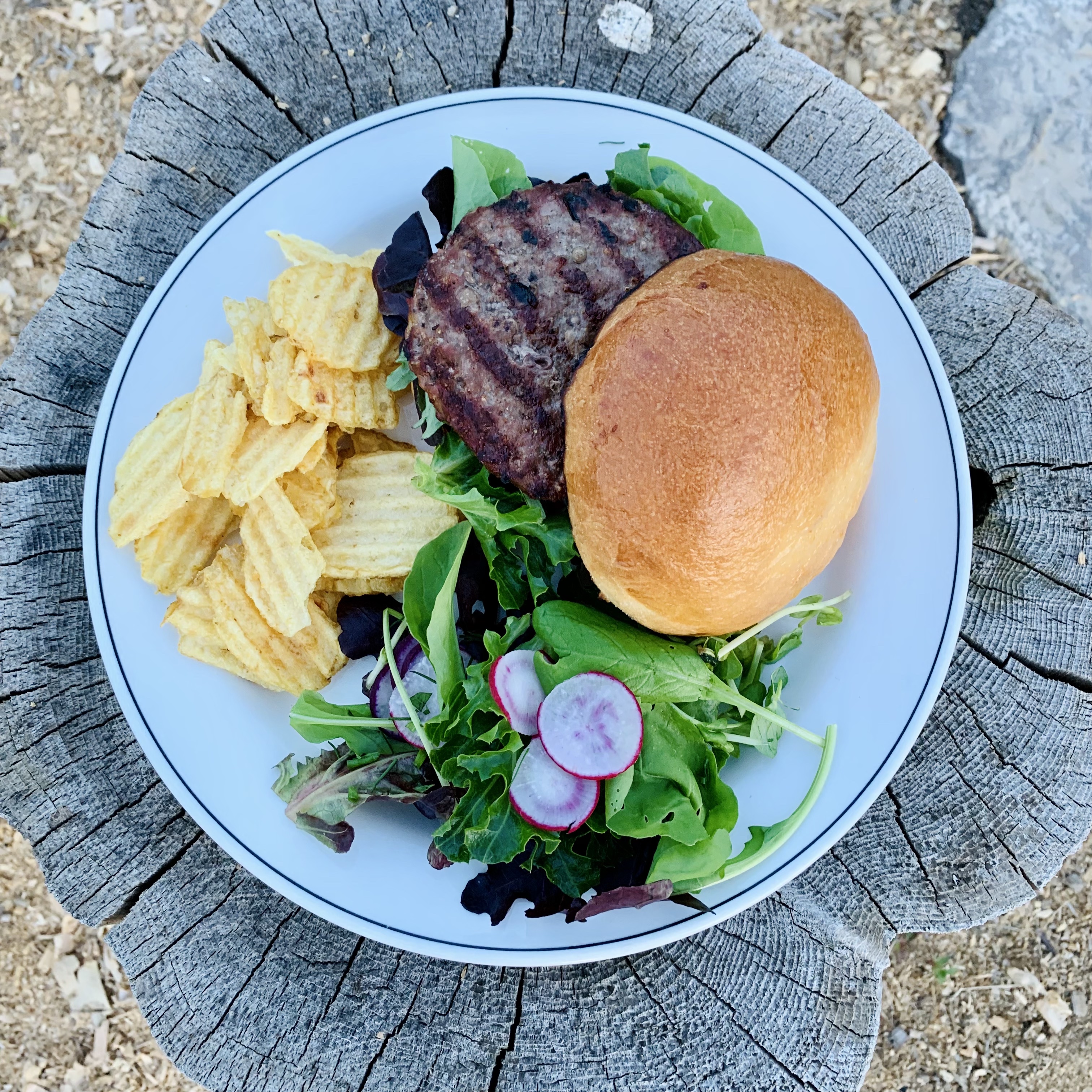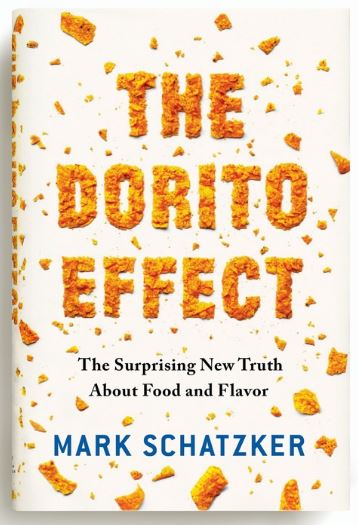Unleashing Your Body's Natural Cravings
Unleashing Your Body's Natural Cravings
Do you notice the cravings you have for unhealthy food when you walk down the aisles in the grocery store? You're not alone!
Humans have evolved over two hundred thousand years to crave foods that provide us with the nutrients our bodies need for optimal health. However, the drive for profit and the industrialization of the food system has led to the development of cheap, nutrient-poor foods that are designed to be hyperpalatable and addictive, causing us to crave them even when we're not hungry.
Evolutionary Programming
In the 1920s there was a fascinating study that demonstrated our innate abilities to seek out nutrients that our bodies need. At the time, the nutrition field was just emerging and doctors were putting the newfound knowledge to practice by prescribing what children should be eating and when.
Dr. Alan Brown, co-creator of Pablum and head of Pediatrics at Sick Kids Hospital in Toronto had advice for mothers in his 1926 book on child-rearing. The Normal Child: It's Care and Feeding said to put children on a starvation diet until they submitted to eat doctor-sanctioned meals. I laughed when I read this as I know first-hand the will-power of a child that doesn't want to eat what's on their plate.
Chicago Pediatrician Clara Davis suspected that children instinctively "knew best" what they should eat.
To better understand this, Davis conducted a remarkable experiment in which she raised a group of infants on a diet of 34 unprocessed, whole foods and gave them the freedom to choose what they ate. The infants were offered a variety of real foods ranging from apples and carrots, to beef and fish, to milk and bone jelly. There was very strict instruction that the adults should not even give children a hint on choices or amounts.
Guess what? Her findings were that the children ate remarkably balanced diets all by themselves.
Initially, they tasted everything and she noted that they developed their own preferences over time but there were clear methods behind their selections that addressed their own personal nutritional deficiencies. To begin the study, all of the children came from difficult circumstances and many began the study with medical conditions. Several babies had rickets and other signs of malnourishment but, by the end of the study, another colleague of Davis' noted that these were "the finest specimens from the physical and behaviour standpoint that I had ever seen in children of that age."
Davis showed that children know best when presented healthy choices and her work was the basis for the intellectual model known as "the wisdom of the body". She planned to repeat her experiment in 1931 putting processed foods versus unprocessed foods but the great depression prevented her.

The hack
If we were to put a glass of water and sugar out for a child, they wouldn’t have any interest in it. However, when we add a few drops of orange essence, it becomes a refreshing drink that is hacking our body's desire for vitamin C.
Since the 1960s, food scientists have developed 1000s of synthetic flavours designed to replicate natural flavours. They are constantly adding to this database. Why? Often the answer is found when you follow the money. Lets take vanilla extract for example: the vanilla bean is grown mainly in Madagascar and it takes a year to grow from an orchid, to harvest, cure and dry. The process is time-consuming and expensive. Alternatively, artificial vanilla extract can be made for pennies on the dollar and is largely synthesized anywhere in the world from the petrochemical precursor guaiacol. Now, less than 1% of products containing vanilla use real vanilla.
The technology keeps getting better and better to the point that they can develop desired flavours in no time these days. What's worse is that the flavours usually lead us to food options that are not only lacking in nutrition but are loaded with sugar, fat and salt. Our evolutionary programming learned that calorie-dense foods were extremely rare so taking advantage of them was a matter of survival. Now, our brains respond with a flurry of hormones and hedonic hunger even at the sight of these items so food processors can take full advantage of this to sell a lot of empty calories.
Whether the flavours are listed as natural or artificial, they're still synthetically applied by scientists and fool your innate programming into craving the wrong foods. Often these foods are high in unhealthy fats, sugars and salts and void of the nutrients that your body needs.
Ransom your health or…?
The consequences of this approach to food production are clear. The North American diet is now dominated by highly processed foods, leading to increasing rates of obesity and chronic diseases like diabetes and heart disease. The big box stores and industrial agriculture companies are complicit in this trend, promoting the consumption of cheap, unhealthy foods that are designed to make a profit rather than promote health.
But there is hope. Eating real food that is nutrient-dense and grown the way nature intended can reset our nutritional compass and lead us to crave the natural foods that have the real nutrition our bodies need. For example, if we are low in potassium, we will naturally crave a banana instead of a banana-flavoured cookie. By choosing to eat real food, we can take back control of our health and our diets.
There are many examples of people and organizations working to promote real food and support sustainable agriculture. Farmers markets, community-supported agriculture programs (CSAs), and farm-to-table restaurants are just a few examples of the growing movement towards real food. In addition, organizations like the Bionutrient Institute are working to promote soil health and nutrient-dense food production through regenerative agriculture practices.
In conclusion, the modern food system has led us astray from our natural preference for nutritious foods, causing a range of health problems. However, by choosing to eat real food and supporting sustainable agriculture practices, we can take back control of our diets and our health. The Clara Davis study provides compelling evidence that humans are naturally programmed to seek out nutritious foods, and it is up to us to ensure that these foods are available and accessible to all.
If you'd like to read more about the history of food flavouring and its relationship to declining health, I recommend reading The Dorito Effect by Mark Schatzker. It was recommended to me by Cold Springs Member, real-food fan and veggie omelette specialist Al Barless.


